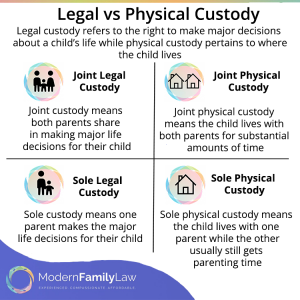Legal & Enforcement Challenges
The legal framework governing child support is complex. Child support orders are typically established during divorce or paternity cases, with the possibility for modifications if circumstances change significantly. Non-compliance with these orders can result in serious legal consequences, including income tax refund interception and paycheck garnishment. These measures underscore the legal system’s commitment to ensuring that child support obligations are met.
In addition to the general consequences of failing to pay child support, specific states like California, Colorado, and Texas have their unique enforcement mechanisms and penalties. For instance, in California, non-payment can lead to severe financial penalties, credit score damage, bank levies, and even denial of passports for outstanding amounts exceeding $2,500. License suspensions and the seizure of assets are also common repercussions.
Colorado’s approach to non-payment of child support includes similar penalties, such as wage garnishments, liens against property, and license suspensions. Non-compliant parents might also face legal actions that could result in fines or imprisonment for contempt of court.
In Texas, enforcement measures include withholding of wages, tax refund interception, and license revocation, which covers not only driver’s licenses but also professional and recreational licenses. Texas also has provisions for legal proceedings against parents who fail to meet their child support obligations, which can result in additional penalties.
The variations in enforcement and penalties across states like California, Colorado, and Texas illustrate the need for non-custodial parents to understand their obligations and the potential consequences of non-compliance. For those facing challenges in meeting child support commitments, seeking legal advice and exploring options like modification of the support order can be crucial steps to prevent escalating legal and financial difficulties.







